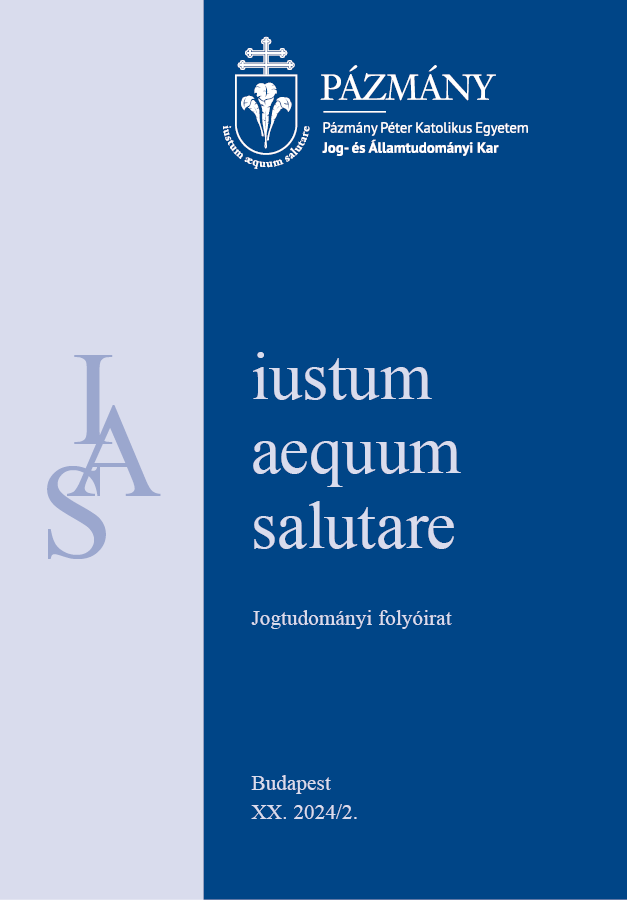Whistleblowing as communication
An overview of the concept of whistleblowing and its aspects of freedom of speech, with particular reference to the case law of the European Court of Human Rights
Abstract
In this paper, we attempt to interpret the phenomenon of whistleblowing in relation to freedom of expression. The paper is divided into three main structural elements. First, the concept of whistleblowing is introduced, illustrating the difficulties and challenges in conceptualising the phenomenon. This is followed by an attempt to provide a theoretical foundation for the fundamental rights approach to whistleblowing, which provides the theoretical basis for the third and final section, an analysis of whistleblowing cases in the light of the case law of the European Court of Human Rights. The methodology of the paper is based on secondary analysis (desk research) and legal case studies. The aim of the study is twofold. On the one hand, we want to provide an in-depth picture for the legal analysis and interpretation of whistleblowing, and on the other hand, we want to show the legal tests and yardsticks by which whistleblowing is practised in relation to freedom of expression and how these tests have changed in recent years.
Copyright (c) 2024 Lendvai Gergely Ferenc, Huszár Daniella, Bálint János

This work is licensed under a Creative Commons Attribution 4.0 International License.


